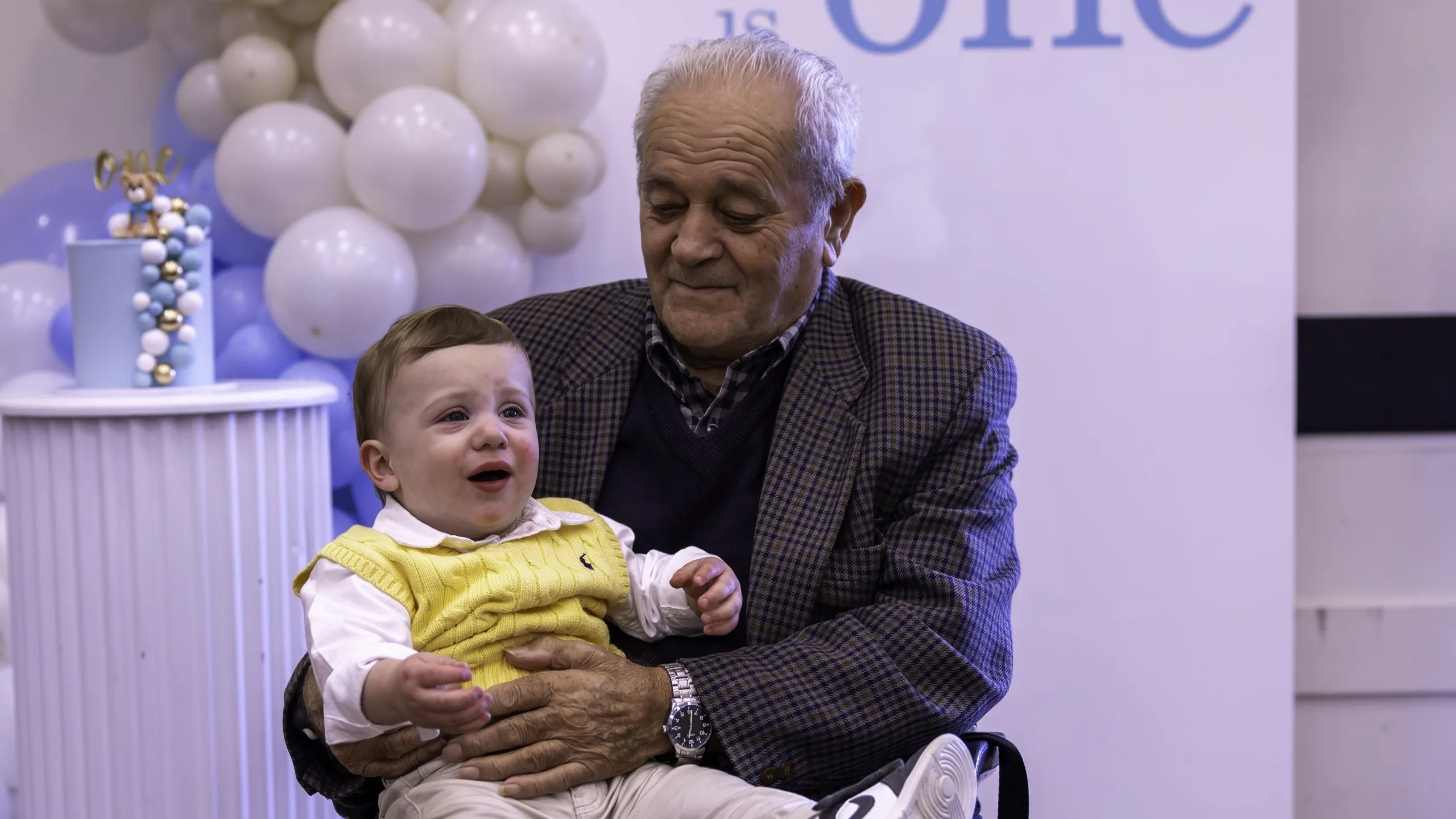Father’s Day gives Greek Australian families the chance to celebrate the father figures in their lives. Many stereotypes exist for Greek dads where they’re seen as loud or overly traditional. While this may be true in some cases, reality proves to be far more complex. Today’s young Greek Australian fathers seem to be a blend of cultural traditions and modern values.
The first unofficial Father’s Day acknowledged by the history books was on July 5, 1908 in Fairmont, West Virginia. A service was held to honour the hundreds of men, fathers, who died in a tragic mining accident. Australia’s first recorded Father’s Day was in 1936 and gained popularity in the 1940s and 1950s.

The holiday has evolved into a commercialised day, but still remains a time to remember father figures who have passed, and to celebrate those who are still alive. For new fathers, it’s a time to reflect on what it means to be a parent and to play that ever-most important role in shaping the kind of person their child will become.
Dimitri Yannios recently became a dad to one-year-old Nicholas and he describes the experience of fatherhood as one of the most rewarding experiences of his life.
“Whilst there are certainly challenges every day, like sleepless nights and learning to juggle work, family commitments and extracurricular activities, it has given me a completely new perspective on what really matters,” Dimitri told The Greek Herald.

He has found moments like Nicholas’ christening and first birthday “humbling and incredible.” He appreciates the “joy and love… when I see Nicholas smile and laugh.” For him, those times “far outweigh any difficult moments.”
Dimitri has taken notes from the father figures in his own life and appreciates all he’s learnt from them. His dad always instilled in him the message that “it doesn’t matter what you do in life, whether it be a career choice or in relationships, make sure that you always give it 100% and be the best version of yourself.” This has stayed with Dimitri and he hopes to pass this down to Nicholas.


Dimitri’s pappou had a cheeky sense of humour and taught Dimitri that “you should always keep a little black book and note down who has called you on your birthday or name day, that way you can call those same people back on their birthday or name day.”
The impact father figures and grandparents have is prevalent in all Greek Australian families, whether that impact has been positive or negative.
Jennie Alagiozidis shared memories of her late pappou with The Greek Herald. She spoke with a warmth when remembering their time together: “Walking into my pappou Arthur’s house in Highett, I vividly remember the smell of meat cooking on the BBQ as we walked down the long driveway.”

“He always greeted us with a smile, with tongs in his hand and his apron on. My siblings and I always thought he cooked the best lamb chops (even with the extra salt added),” she says.
In typical Greek fashion, she remembers eating fresh figs from his garden, and won’t ever forget “sitting around the table outside on special occasions eating his black olives and bread, salty meat and fresh salads… We miss him.”
These family moments are shaped by love, tradition, humour and culture, and they continue to evolve with each generation as new family dynamics are naturally established.
I remember Father’s Day growing up: celebrations with grandparents present, and warm noisy voices filling the room. As time passes and grandparents are no longer with us, families can shrink, leaving quiet gaps that are hard to ignore. But with time, those gaps become filled with new voices.
Days of celebration and remembrance like Father’s Day remind us how families can grow. New children are born, and many embark on their own journey of fatherhood, taking lessons from their ancestors and creating new memories of their own.
